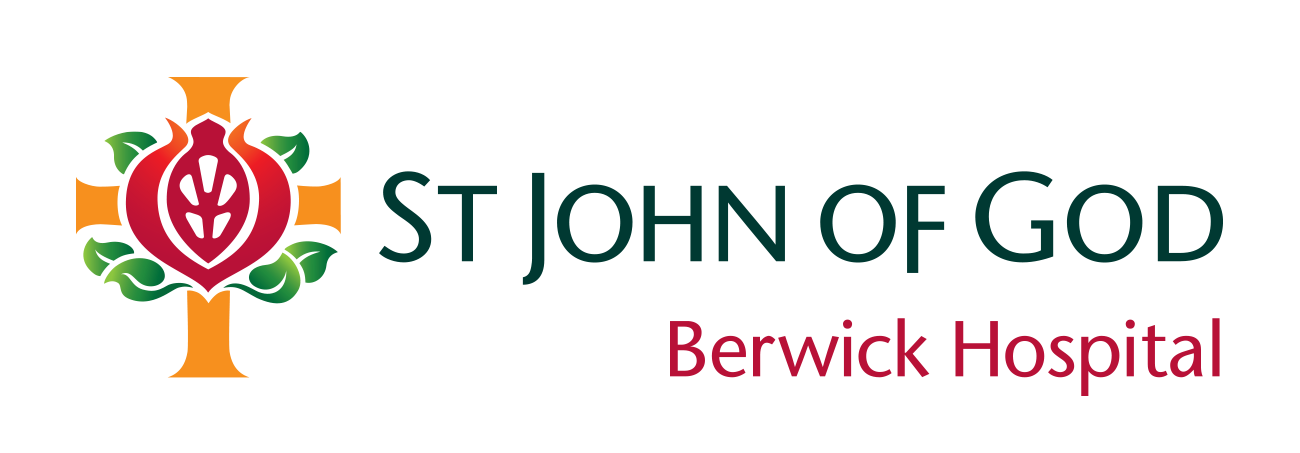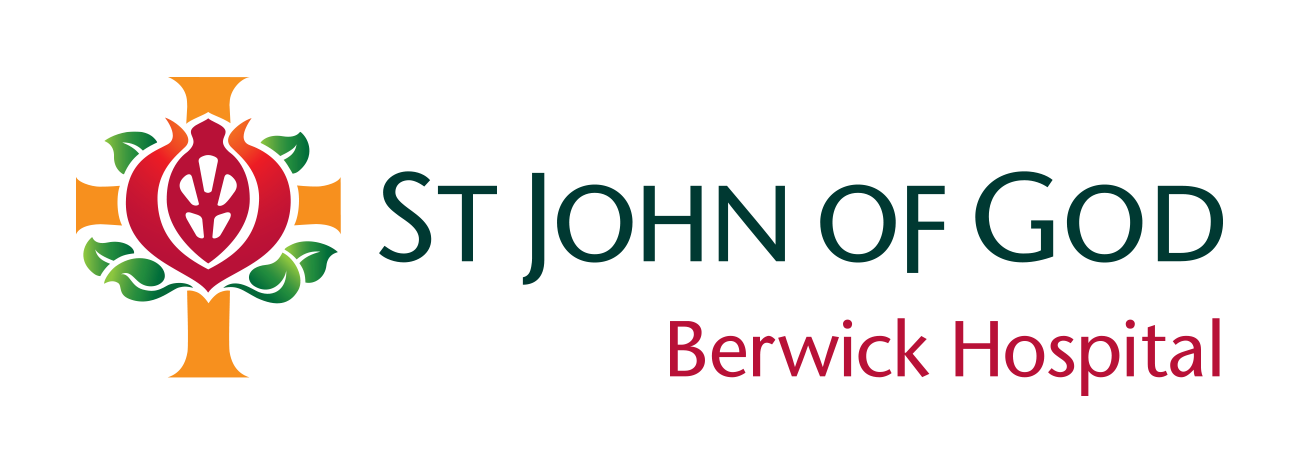It's time to ovary-act for Ovarian Cancer Awareness Month
19 Feb 2021

With no early detection tests to screen for ovarian cancer, more women die from ovarian cancer than they do from breast cancer each year simply because it’s not usually diagnosed until it is already in its advanced stages of disease.
According to St John of God Berwick Hospital’s oncology department Nurse Unit Manager, Lisa Marchetti, the symptoms of ovarian cancer can be vague and often confused with other common conditions. However, if you experience any of the following, especially if they are unusual to you or they have become persistent, it’s important to see your doctor for further investigation.
Symptoms can include:
- Abdominal bloating or increased abdominal size
- Abdominal, lower back or pelvic pain and cramps
- Appetite loss, feeling full quickly or indigestion
- Urinary changes such as frequency or urgency
- Changes in bowel habits, such as constipation
- Unexplained weight loss or weight gain
- Unexplained fatigue
“Women know their bodies best,” Lisa said.
“Not all symptoms will be present. Some women may only experience as little as two early detectable signs. However, awareness and knowing the risk factors can be key to saving lives.”
Risk factors:
- A family history of ovarian cancer – the risk of developing ovarian cancer is higher if one or more blood relatives (such as mother, sister or daughter) has had ovarian cancer
- Family history of breast or colon cancer
- A mutation in one of several known genes. Up to 15 per cent of all cases of invasive ovarian cancer involve the inheritance of a mutated gene. Women who have inherited mutations in the BRCA1 or BRCA2 genes have a substantially increased risk of ovarian and breast cancer. Women with Lynch syndrome (also known as hereditary nonpolyposis colon cancer or HNPCC) also have an increased lifetime risk of ovarian cancer.
- Increasing age
- Use of hormone replacement therapy (HRT)
- Obesity
- Tobacco smoking
February is Ovarian Cancer Awareness Month and this year Ovarian Cancer Australia is celebrating 20 years of raising money to improve support and awareness of the disease, as well as making incremental progress into care and treatment.
Ovarian Cancer Australia remains hopeful that through initiatives such as Ovarian Cancer Awareness Month and Teal Ribbon Giving Day (24 February), much needed funds can be raised in an effort to improve the number of women who survive beyond five years when diagnosed with late stage ovarian cancer – sadly that figure stands at only 29 per cent today.
Any donation made to Ovarian Cancer Australia on Teal Ribbon Giving Day next Wednesday will be matched and tripled by Ovarian Cancer Australia’s generous major donors.
For more information visit ovariancancer.net.au. There are a number of initiatives you can get involved in throughout February to show your support.
St John of God Berwick Hospital has a dedicated oncology unit that provides holistic care to support the physical, emotional and psychological wellbeing of its cancer patients. It specialises in providing education, clinical expertise and support for the prevention and diagnosis of cancer, including oncology, haematology and palliative care services.
It also provides a Community Wig Service, which is a social outreach initiative that loans wigs free of charge to anyone, not just St John of God Health Care patients, in the local area who is suffering from cancer-related hair loss. The wig service is located at Stephenson House, on Gibb Street in Berwick. To make an appointment call 8784 5557.

